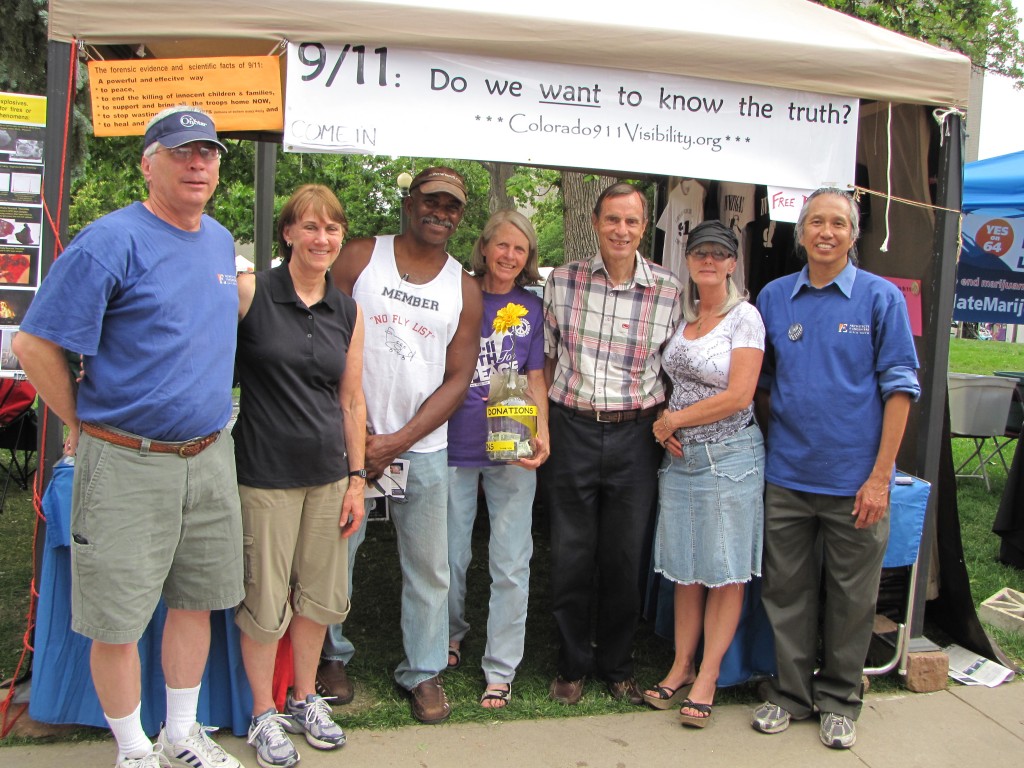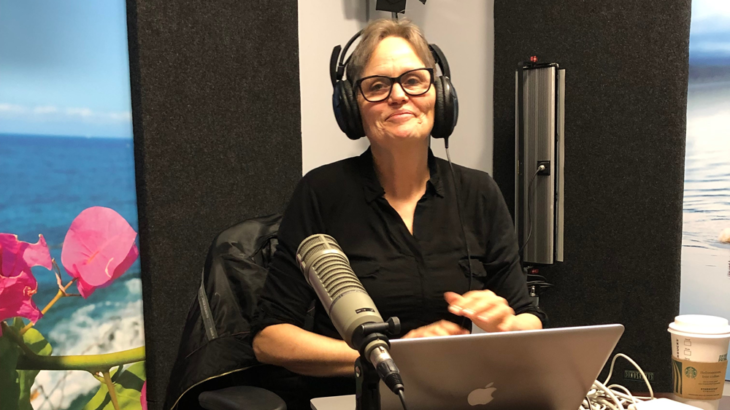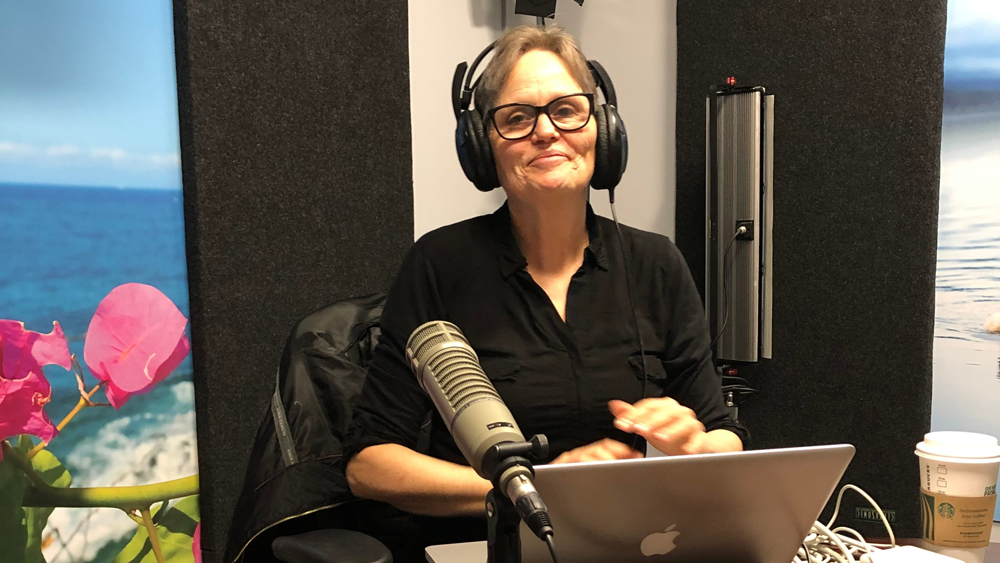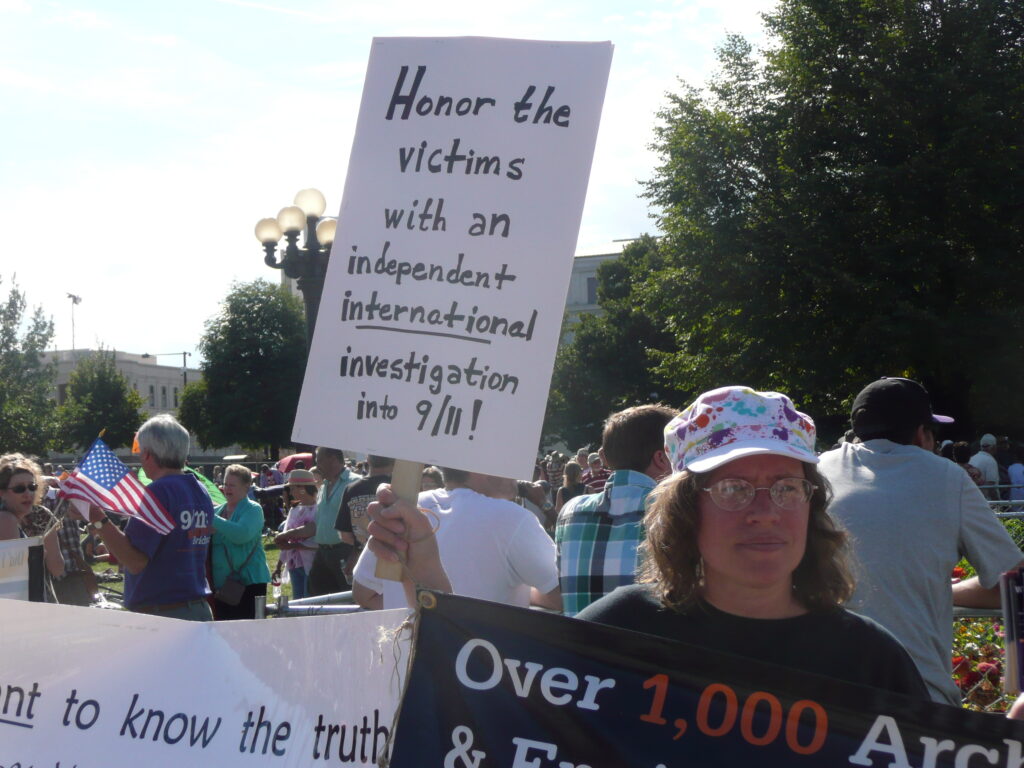Two Portraits of a Fearless Journalist
On December 29, 2023, the world lost Emmy award-winning journalist Kristina Borjesson.
Kristina is perhaps best known for her dauntless investigative reporting on TWA Flight 800, which got her fired from CBS. She is also well known for the highly acclaimed 2002 anthology she edited, Into the Buzzsaw: Independent Journalists Expose the Myth of a Free Press.
Additionally, Kristina made many contributions to 9/11 truth, including serving as a member of the Lawyers Committee for 9/11 Inquiry.
First portrait:
Read Celia Farber’s moving description of her friendship and history with Kristina in this obituary.
You may also be interested in watching the film that Kristina wrote and directed, TWA Flight 800, as well as her interviews with Kevin Ryan (2022) and Ray McGinnis (2023) on The Whistleblower Newsroom. By the way, Ray McGinnis’ book, Unanswered Questions, is excellent for people new to the 9/11 issue, as well as those of us who need a refresher.
Second portrait:
I (Fran Shure) met Kristina at the “Understanding Deep Politics” conference held in Santa Cruz, CA, May 14-16, 2010. She, Charlotte Dennett (author and lawyer), and I roomed together at that memorable event.
Then in 2017, as I was writing my essay on “Whatever Happened to Investigative Journalists?”, I asked her to vet my section on the parallels of TWA Flight 800 and 9/11, which she did. (Yes, there are many stunning parallels!)
In this particular essay (which is Part 21 of the serial essay “Why Do Good People Become Silent–or Worse–About 9/11”), I featured Kristina’s Into the Buzzsaw. So I also reached out to her to help me answer my burning question: Why do journalists who speak up courageously and cogently on controversial issues suddenly become strangely silent or defensively angry when questioned about the 9/11 evidence that refutes the official account? (Surely, most of us in the 9/11 Truth Movement have had that burning question.)
Kristina answered me promptly. Then, with some trepidation, I asked her if I could use her words in my essay. To my surprise, she said, “Okay. I’ll go on record with that statement.” So here is her answer, straight from her email:
They are talented journalists and have worked hard to navigate between reporting that goes right up to the line of what is acceptable to the powers-that-be and reporting that goes over the line and would cost them everything.
It took [Robert] Parry years to get over being blackballed for his Newsweek reporting on Iran-Contra. When he was at TheNew York Times, [Chris] Hedges was reprimanded by his bosses after he criticized what was happening in Iraq while giving a commencement address in 2003.
These individuals would immediately become targets for marginalization, loss of funding, and/or outlets for their work, or even worse forms of retaliation if they crossed the line, because they have achieved a “critical mass” audience — i.e., a big enough audience to create problems for the powers-that-be if used to counter official narratives on third rail issues. If they did that they would attract dangerous if not fatal attention from powers-that-be.
The fact that they are widely viewed as good journalists not beholden to the powers-that-be makes them dangerous, but not too dangerous. They would only become dispensable if they invested that credibility in scrutinizing the ultimate third rail issue — 9/11.
They’re doing a lot of good carefully hoeing the rows they’re hoeing now, and that would all go down the tubes if they turned their attention into whether or not the official narrative about 9/11 is true.
Kristina’s sharing of this insight is why I now call 9/11 the “ultimate third-rail issue.”
Thank you, Kristina, for your integrity and your courage!
Make a donation to Colorado 9/11 Truth!
Colorado 9/11 Truth exists only with your support. Your donation of any amount keeps us active. Visit the donation page on our website here.
Like us on Facebook!
Check out our Facebook page here for current 9/11 information, news, and events.



